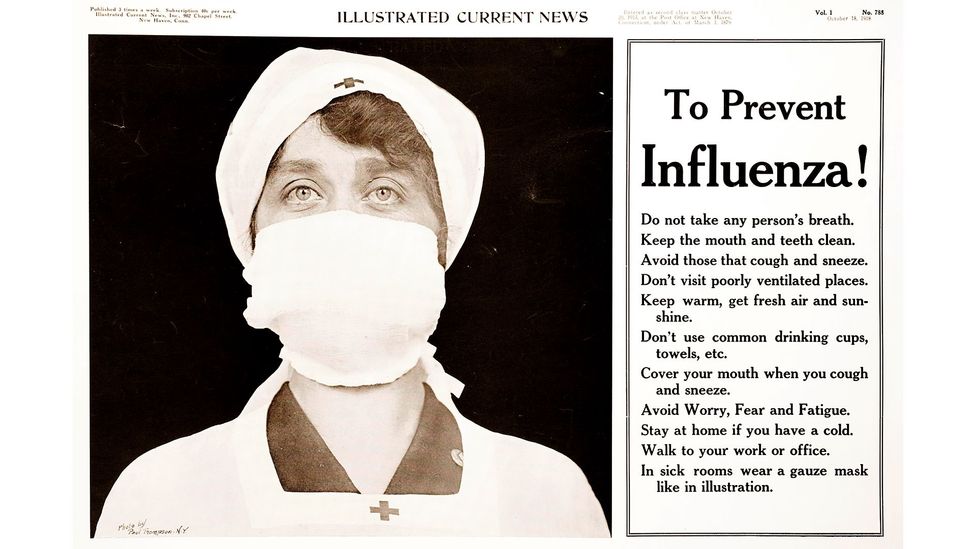E
Emma Donoghue’s new novel, The Pull of the Stars, set during the 1918 pandemic, was meant to be published next year. However, when she submitted the final manuscript in March, just before Covid-19 shut down the world, her US and UK publishers found it so unexpectedly resonant that they rushed the book into print. “I feel a little sheepish”, Donoghue explains, about the timing. But, she continues, as a subject, “Pandemics are fabulous for a novelist. They are a way of making everyday life dangerous, and raising ethical dilemmas.”
More like this:
– The best novels you’ve never heard of
– Short stories for every taste and mood
Donoghue’s is the latest in a group of current novels written before the pandemic but arriving now in a landscape that makes them timelier and more piercing than the authors could have imagined. Maggie O’Farrell’s Hamnet is a lushly written immersion into the lives and minds of Shakespeare’s wife and their young son, Hamnet, who died in 1596, probably due to the bubonic plague. In Lawrence Wright’s exhaustively researched, chillingly prescient The End of October, a brilliant scientist tracks down a new virus that spreads across the world, causing the kind of quarantines, horrifying death tolls and social disruption that are all too familiar today. Wildly different in style and settings, all these novels use a pandemic as a lens on society at a moment of crisis. Extrapolating from history or from science, they highlight issues of public health, government responsibility and class divisions, and with a novelist’s eye consider how those forces affect individuals. High drama flows from the way pandemics threaten the most basic human needs, health and family.





